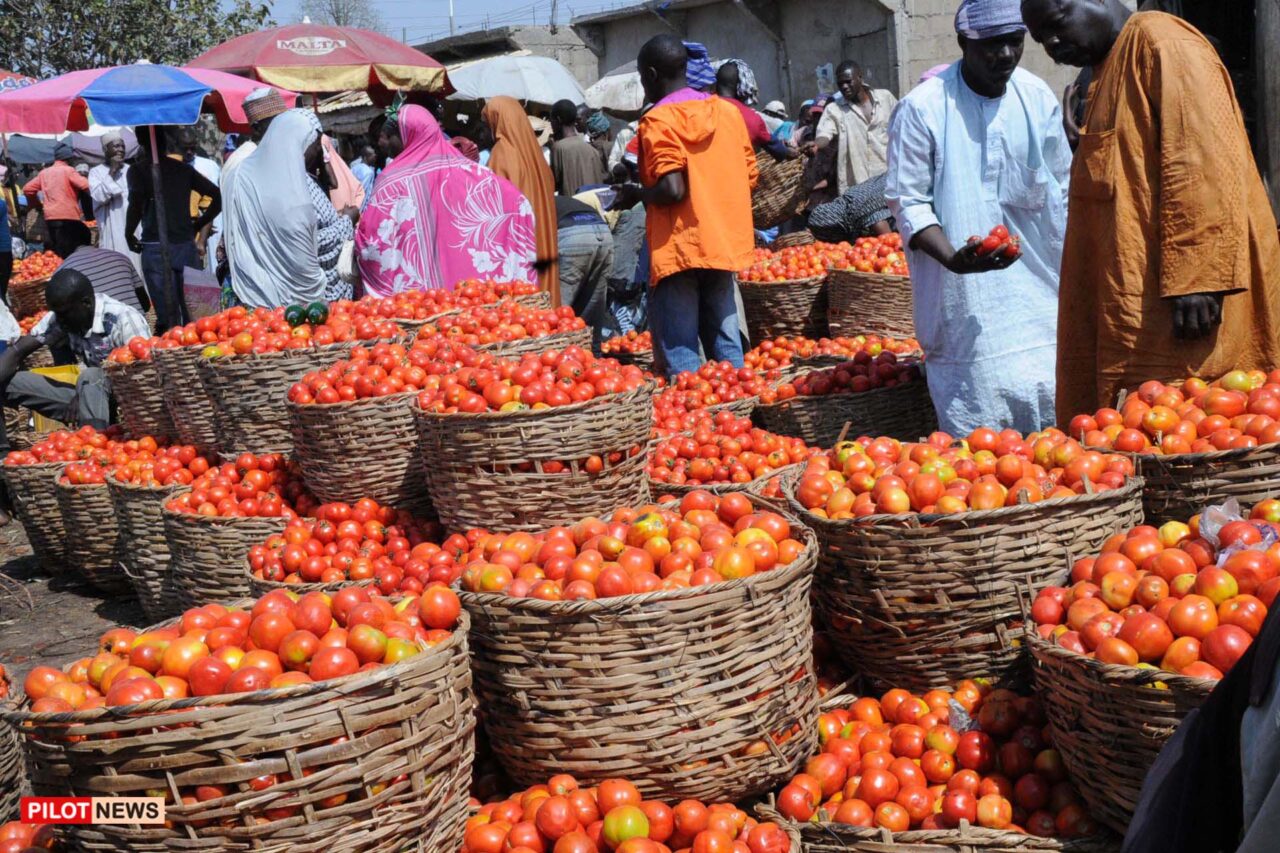Nigeria’s annual inflation rose in September to its highest level in about two decades at 26.72 per cent, amid a worsening cost-of-living crisis in Africa’s largest economy.
The September inflation rate is a 0.92 per cent increase from August’s 25.80 per cent, the National Bureau of Statistics [NBS] said on Monday in its Consumer Price Index [CPI] report for September 2023.
Food inflation, making up the bulk of Nigeria’s inflation basket, rose to 30.64 per cent in September from 29.34 per cent in August.
The food inflation sub-index rose to 32.45 per cent in September 2023, from 31.14 per cent in August 2023, driven by the high cost of bread, cereals, meat, fish, oils and fats, fruits, vegetables and tubers.
When compared to the 20.77 per cent rate recorded in September 2022, the latest rate is 5.94 per cent higher.
The NBS report indicates that the prices of food, housing, water, electricity, gas and other fuels, transport, education, health, clothing and footwear increased significantly in September 2023 compared to the same month in 2022.
Annual inflation is at its highest now since 2005.
According to the NBS, the upsurge in inflation is linked to several factors including the removal of subsidy on petrol, the worsening insecurity situation in some parts of the country that has disrupted agricultural activities and supply chains, and the depreciation of the naira against major currencies that has increased the cost of imported goods and services.
- Civil Society Group to Stage Protests in Kaduna Against El-Rufai - March 2, 2026
- Oil Prices Hit $79, Surpass Nigeria’s Budget Benchmark - March 2, 2026
- A Decade After Chibok Abduction, Documentary Spotlight Parents’ Pain - March 2, 2026

